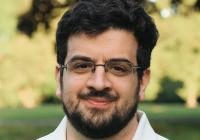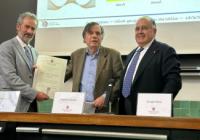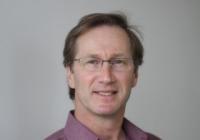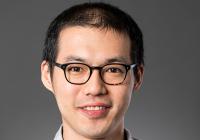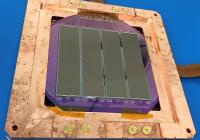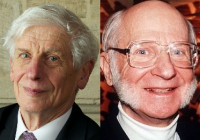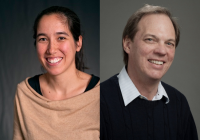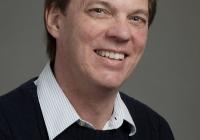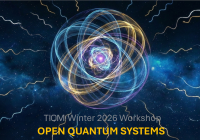
Recent News
The Thouless Institute Quantum Matter (TIQM) will hold its Winter 2026 Workshop on January 15-17 on the topic of Recent Advances in Open Quantum Systems.
Congratulations to Professor Joaquin Turiaci for winning a 2025 Early Career Award from the Department of Energy. The award will support his work on Advancing the Gravitational Path Integral to Probe Quantum Spacetime. The abstract of the project follows.
Professor David Kaplan was awarded the Caterina Tomassoni and Felice Pietro Chisesi Prize in Physics. Professor Kaplan is recognized for introducing the domain wall method for simulating chiral fermions on the lattice and for seminal work on other strongly interacting systems.
Congratulations to Professor Martin Savage for winning the 2026 Herman Feshbach Prize in Theoretical Nuclear Physics from the American Physical Society for “For pioneering contributions to computational quantum chromodynamics for nuclear physics, especially through large-scale lattice quantum chromodynamics…
Congratulations to Professor Jiun-Haw Chu who is among 22 scientists selected for the 2025 cohort of Moore Foundation Experimental Physics Investigators, a distinguished group of mid-career researchers pushing the boundaries of experimental physics.
When scientists observe the cosmos, they see stars whizzing around their galaxies faster than the laws of physics should allow and clusters of galaxies attracting each other too strongly. They theorize that something must be producing more gravity than all the visible matter in existence could explain — but whatever the substance is, it’s invisible.
See more on our Postdoctoral Fellowship Programs page.
Election recognizes the new member’s “outstanding record of scientific and technical achievement and willingness to assist the Academy in providing the best available scientific information and technical understanding to inform complex policy decisions in Washington.”
Jiaqi Cai’s doctoral research has led to a landmark discovery in condensed matter physics: the experimental realization of the fractional quantum anomalous Hall effect (FQAH) -– a phenomenon long theorized but never before observed.
We are excited to share that Professor David Hertzog has been elected to the National Academy of Sciences. The National Academy of Sciences announced today the election of 120 members and 30 international members in recognition of their distinguished and continuing achievements in original…
